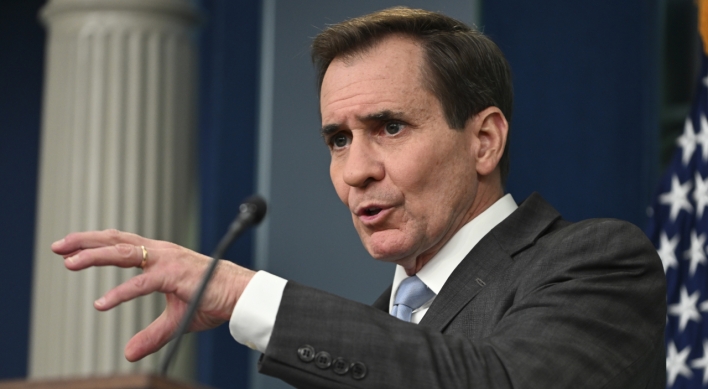SEOUL, Nov. 21 (Yonhap) -- South Korea's finance minister said Monday that there is a need to take measures to lessen the fallout from excessive cross-border capital flows in order to help the global economy move forward.
Speaking at a forum arranged by the Asian Development Bank and the Institute for Global Economics, Finance Minister Bahk Jae-wan stressed that the international community needs to create new ideas for balanced economic growth and fiscal reforms.
"Fresh perspectives on free capital need to be created along with ways to reduce the side effects of excessive capital flow," the official said.
Bahk said the 2008 global financial crisis was caused by an upset in the balance between the market and regulations.
"The current debt problems facing many countries can only be solved by economic growth and manageable inflation levels," he said. He predicted the world will face hard times that need to be overcome.
In order for the world to move forward, there is a pressing need for all countries to work closely to reform financial regulations and abolish weak spots in the system that can trigger problems, Bahk said.
He also said that failure by European leaders to follow through on promises to stem the eurozone crisis is undermining market confidence.
The agreement to regulate capital flow reached by the Group of 20 systemically important industrialized and developing economies is a step in the right direction, the minister said, adding the International Monetary Fund should play a role in strengthening the worldwide financial safety net.
Because the movement of capital has no boundaries and impacts of monetary policies spill over from one country to another, there is a need for central banks to move beyond national borders if they wish to remain so-called lenders of last resort, he said.
The finance minister, meanwhile, said that countries around the world must strive for fiscal spending balance and expand their growth potential, which may require close cooperation between governments.
If Asia wants to remain as an engine of growth and respond more quickly to crisis situations there is a need for forge closer cooperative ties, Bahk said. "A regional financial arrangement is needed along with more trade and investment," he said.
- Iraqi militant group claims missile attack on Tel Aviv targets, source says
- N. Korean economic delegation returns from Iran amid suspected military ties
- Naver Q1 net income soars 1,171.9% on growth of major businesses
- Seoul shares open higher on Wall Street gains
- Russia sent more than 165,000 barrels of refined petroleum to N. Korea in March: White House
- [Well-curated] Reptiles, Hangeul-theme cafe and circus on Nodeul Island
- [Travel Bits] Festivals, sights across Korea
- [Box office] Movies in theaters this week
- [Around the hotels] Promotions and packages
- [Graphic News] Number of coffee franchises in S. Korea rises 13%





![[Music in drama] Rekindle a love that slipped through your fingers](http://res.heraldm.com/phpwas/restmb_idxmake.php?idx=644&simg=/content/image/2024/05/01/20240501050484_0.jpg&u=20240501151646)




![[New faces of Assembly] Architect behind ‘audacious initiative’ believes in denuclearized North Korea](http://res.heraldm.com/phpwas/restmb_idxmake.php?idx=644&simg=/content/image/2024/05/01/20240501050627_0.jpg&u=20240502093000)







![[Today’s K-pop] Stray Kids go gold in US with ‘Maniac’](http://res.heraldm.com/phpwas/restmb_idxmake.php?idx=642&simg=/content/image/2024/05/02/20240502050771_0.jpg&u=)